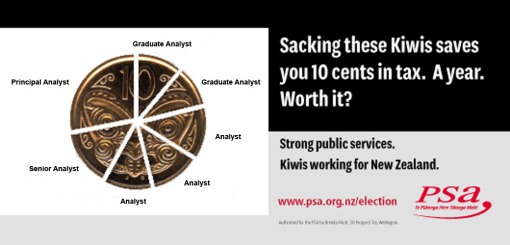Is outward migration a problem?
Over at Kiwiblog, David Farrar comments on outward migration from New Zealand. He concludes by stating:
Inwards migration of new New Zealanders (which is a great thing) helps keep the overall population stable, but that does not mean there isn’t a serious problem with the numbers leaving.
A similar theme was mentioned a few weeks ago in an extremely interesting newspaper article by David Grimmond, which concluded:
Ultimately outward migration flows are a barometer of perceptions of government management. The steady growth in departures suggests a growing disillusion with the current government. It potentially also suggests a lack of confidence that the alternative will make much difference.
However, I don’t feel that this view of outward migration gives us the full picture of what is good and bad – lets discuss (Note: The Standard discusses the issue here):

